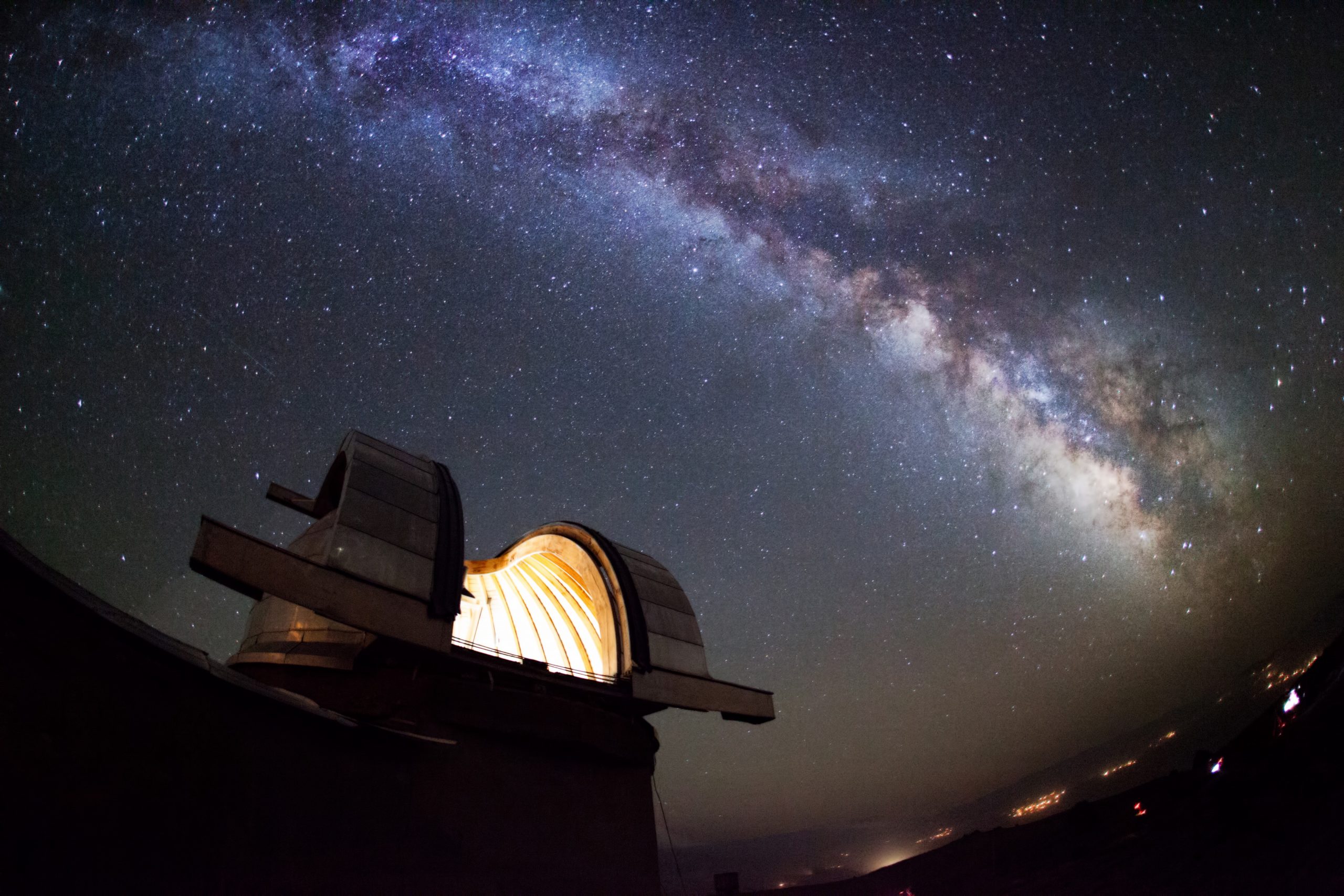Jacques Arnould, Ethics Advisor, French Space Agency (CNES), France
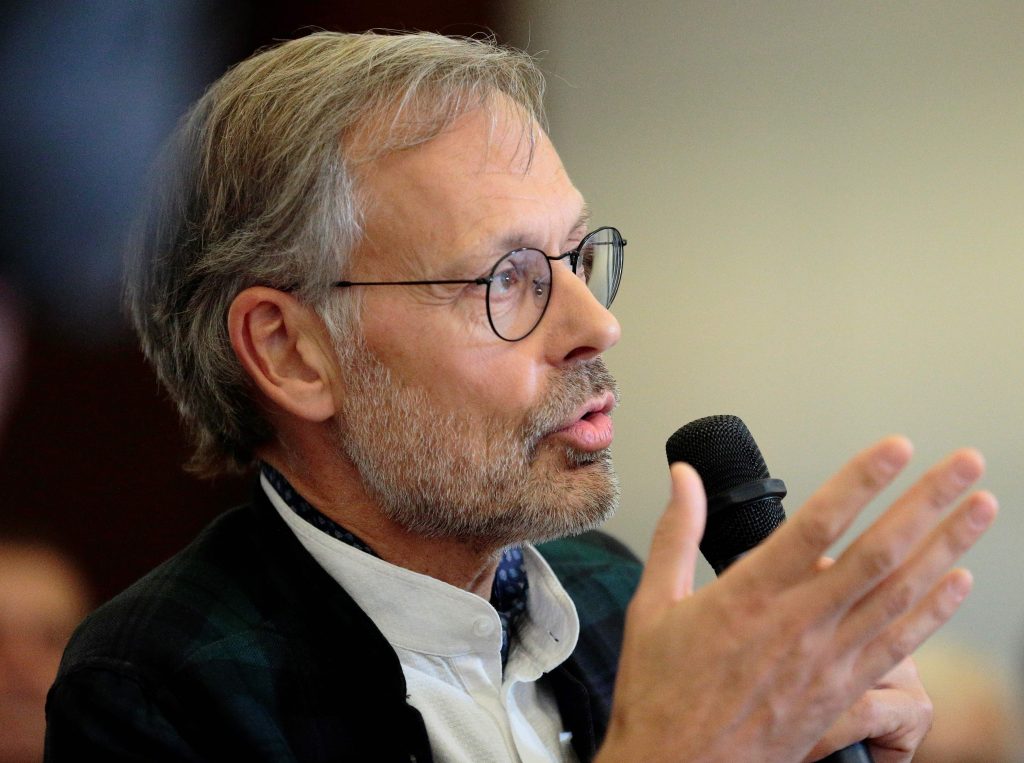
Born in 1961, Dr Jacques Arnould is engineer in agronomy and forestry, has a Ph.D. in History of Sciences and a Ph. D. in Catholic Theology. He is the French Space Agency (CNES) Ethics Adviser, since 2001, and member of the CNES Ethics Committee. He belongs to the International Academy of Astronautics and to the Académie Royale de Belgique.
Stephen Baxter, Science Fiction Writer, Northumberland, UK

Dr Stephen Baxter was born in Liverpool, England. He has degrees in mathematics from Cambridge University and engineering from Southampton University. He has worked as a teacher of maths and physics at sixth form level, and for several years in information technology. His first professionally published short story appeared in 1987. He has published more than 50 novels, many internationally, and has won several awards. He is a former President of the British Science Fiction Association (2008-2020), a Vice-President of the HG Wells Society, a Fellow of the British Interplanetary Society, and a founder member of the UK SETI Research Network (UKSRN). In 2023, he was awarded an Honorary Doctorate from the Open University for promoting STEM subjects through my fiction.
Steve Croft, Astronomer, University of California at Berkeley, USA
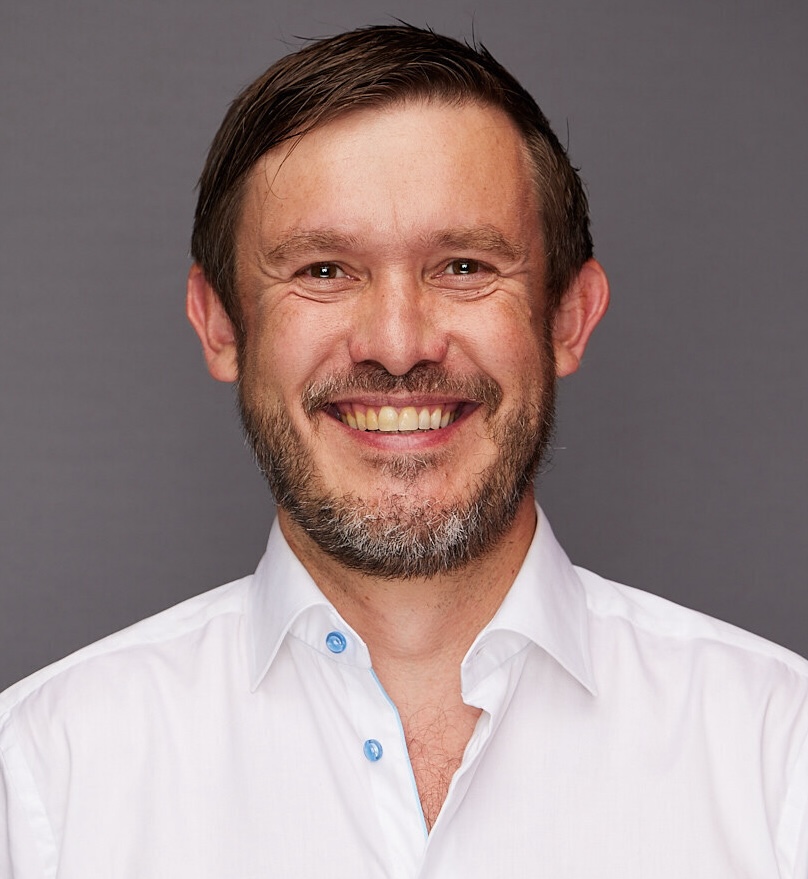
Dr. Steve Croft is an astrophysicist and educator specializing in the search for technosignatures (indicators of technologically-advanced intelligent life beyond Earth). He is primarily based at the University of California, Berkeley, USA, but is also a Senior Research Fellow at the University of Oxford, UK, and Adjunct Senior Astronomer at the SETI Institute in Mountain View, California, USA. Steve is Project Scientist for the Breakthrough Listen Initiative, the most comprehensive technosignature search program to date. His responsibilities include directing Listen’s multi-million-dollar observational program on the world’s largest steerable telescope (the 8000-ton Green Bank Telescope). Steve is also the Director of Student Research at the UC Berkeley SETl Research Center, leading an award-winning program that engages top-flight undergraduate students in cutting-edge astronomy research. Over 140 program alumni are working at some of the top academic institutions and tech companies. Steve has also personally supervised dozens of students in undergraduate and graduate research. Steve has been awarded time on the Spitzer and Hubble Space Telescopes, and has authored over 100 articles in scientific journals, in addition to serving on review panels for NASA and the National Science Foundation. He has been interviewed by numerous media outlets (including The Observer, The Economist, space.com, the Science Channel, and more), and has written press releases and popular science articles for public audiences. He also serves on the International Program Committee for the International Astronautical Congress, and is a member of the Editorial Board of the International Academy of Astronautics journal, Acta Astronautica. Steve grew up in England, where he obtained his undergraduate degree in Astrophysics from University College London (UCL), and a PhD in Astrophysics from Oxford University in 2002. After postdoctoral research at Lawrence Livermore National Laboratory he moved to UC Berkeley in 2007.
Kathryn Denning, Anthropologist and Archaeologist, York University, Canada
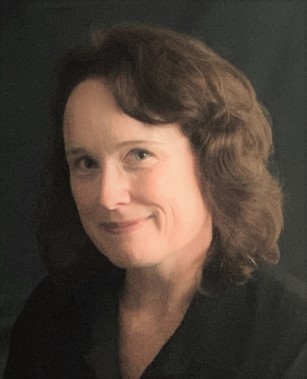
Dr Kathryn Denning is a Canadian anthropologist and archaeologist at York University in Toronto, Canada. She specializes in the long view of humanity’s history, both past and future, and is particularly interested in the ethics of how we engage with other species, including the extinct, extant, and as-yet-unknown. All this combines in her long-term research focus on humanity’s cultural expansion into space, how we anticipate other life that has yet to be discovered and navigate the epistemic problems involved, and the societal aspects of searches and potential discoveries. Kathryn’s degrees (McMaster, Sheffield) were in four-field anthropology and archaeology. After early post-PhD work focusing on the public understanding of archaeology, her research turned primarily to outer space. Since 2005, she has been active specifically in SETI post-detection research and policy discussions, and in numerous collaborative projects at the intersection of technosignatures, biosignatures, and society. She is: a longtime member of the IAA SETI Permanent Committee; a member of the SETI Institute’s Science Advisory Board, of the SETI Post-Detection Hub at St. Andrews, and of the IISL SETI & The Law working group; a guest lecturer at International Space University; a past member of the Board of the Just Space Alliance; periodically, since 2008, a collaborator with the NASA Astrobiology program; and a human who strongly prefers Earth to Mars. She speaks regularly with science communicators / news outlets internationally and is passionate about fair and accurate space education for everyone.
Nadia Drake, Science journalist, California, USA
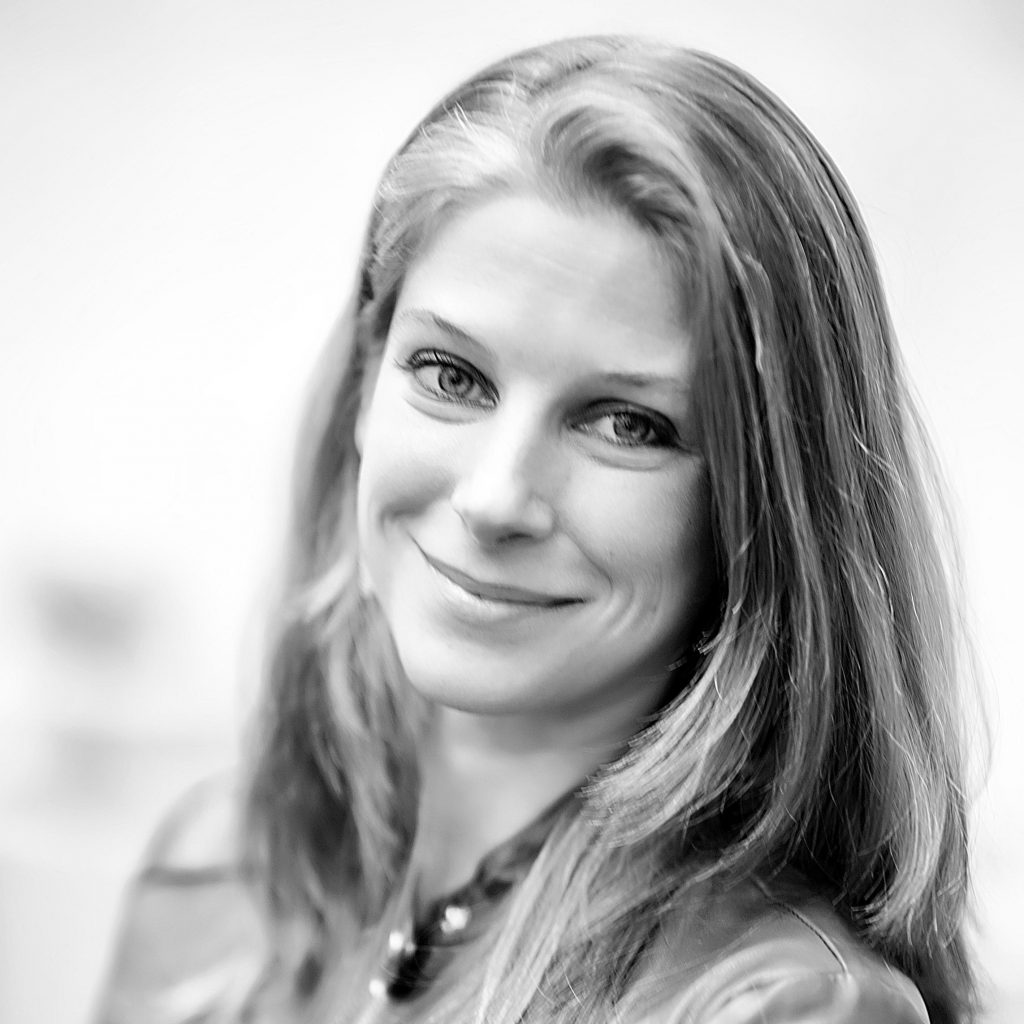
Dr. Nadia Drake is a freelance science journalist and former contributing writer at National Geographic. She specializes in covering astronomy, astrophysics and planetary science, as well as anything involving jungles and spiders. Her byline has also appeared in The New York Times, The Atlantic, Scientific American, Nature, Wired, and Science News; she was also the interim physics editor at Quanta magazine. Nadia frequently hits the road in search of stories and has reported from the jungles of Peru and Indonesian Borneo, the Arctic Ocean, Mars-on-Earth, a flying telescope, the deserts of the Middle East, and the slumping glaciers at Mt. Kilimanjaro’s summit. Nadia has a PhD in genetics from Cornell University, and a graduate certificate in science communication from the University of California, Santa Cruz.
John Elliott, Coordinator of SETI Post Detection Hub, University of St Andrews, UK

Dr Elliott has been a leading contributor for SETI (Search for Extraterrestrial Intelligence) post-detection research, since the late 1990s. Since then, he has served as a member of the International Academy of Astronautics (IAA) SETI Permanent Committee, where he has contributed significantly to this endeavour, via many roles, publications, and initiatives: e.g., Post Detection Task Force, Journal Editor, and IAA Conference Organising Committee. In 2012, he co-founded the UK SETI Research Network, for which he is currently the Chair. In 2022, he founded the SETI Post Detection Hub at the University of St Andrews, UK, which now has an active and growing membership of international experts that currently comprises over 40 subject areas, working together on one of humanity’s most multi-disciplinary undertakings: https://seti.wp.st-andrews.ac.uk/. His SETI research work involves and merges many disciplines: from human language ‘universals’, computational linguistics, signal processing, and dolphin communication, to metapolicies, and global impact strategies to manage dissemination and societal impact. In 2019, this post-detection work formed a major component of the 2019 University of St Andrew’s led “From Afar”, Royal Society Summer Science Exhibition, which presented developing capabilities for signal content analytics, decipherment of unknown phenomena and message construction. This has now led to more recent involvement with the Royal Society on SETI related events; his work as Co-ordinator of the SETI Post Detection Hub continues.
John Rummel, Principal Partner with Friday Harbor Partners LLC, Washington, USA
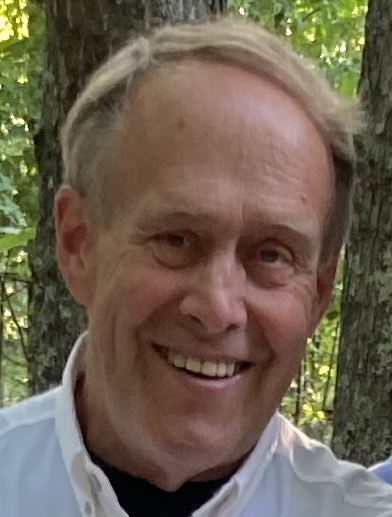
Dr John D. Rummel is a Principal Partner with Friday Harbor Partners, LLC, in Washington State. Previously, he was a Senior Scientist with the SETI Institute in Mountain View, California, and was a Visiting Scholar at McGill University’s Institute of Air and Space Law in Montréal from 2014-2018. He was the founding director of East Carolina University’s Institute for Coastal Science and Policy, and retired from ECU as a Professor of Biology in 2015. He is the former (and founding) Chair of COSPAR’s Panel on Planetary Protection, and until 2022 was the representative of the International Union of Biological Sciences on the COSPAR Council. As such, he represented COSPAR on The Hague International Space Resources Governance Working Group. A former member of the NASA Advisory Council’s Planetary Protection Subcommittee, Rummel worked at NASA Headquarters (1986 to 1993 and 1998 to 2008), as NASA’s Senior Scientist for Astrobiology and as NASA’s Planetary Protection Officer (PPO). He served NASA as Exobiology Program Manager and Research Programs Branch Chief in the Life Sciences Division beginning in 1986, and was responsible for both the Life Support and Exobiology Implementation Teams under the US-USSR Joint Working Group in Space Biology and Medicine. Between NASA assignments (1994-1998) he was the Director of Research Administration and Education at the Marine Biological Laboratory in Woods Hole, Massachusetts. A holder of eight NASA Group Achievement Awards, Rummel is a Fellow of the American Association for the Advancement of Science (1990) “for leadership in fostering NASA-sponsored life science research,” the recipient of the Life Sciences Award from the International Academy of Astronautics (2005) “for significant and lasting contributions to the advancement of the astronautical sciences,” and was awarded the NASA Exceptional Performance Award (2008) “for outstanding management of space science programs…” He is the 2023 recipient of the SETI Institute’s Frank Drake Award “for his lifelong contributions to the field of Astrobiology, his leadership in the domain of planetary protection, and his years of service to both NASA and the SETI Institute.” He received his PhD in community ecology and evolution from Stanford University, and his undergraduate degree in environmental biology from the University of Colorado.
Dirk Schulze-Makuch, Professor of Planetary Habitability and Astrobiology, Technical University Berlin, Germany
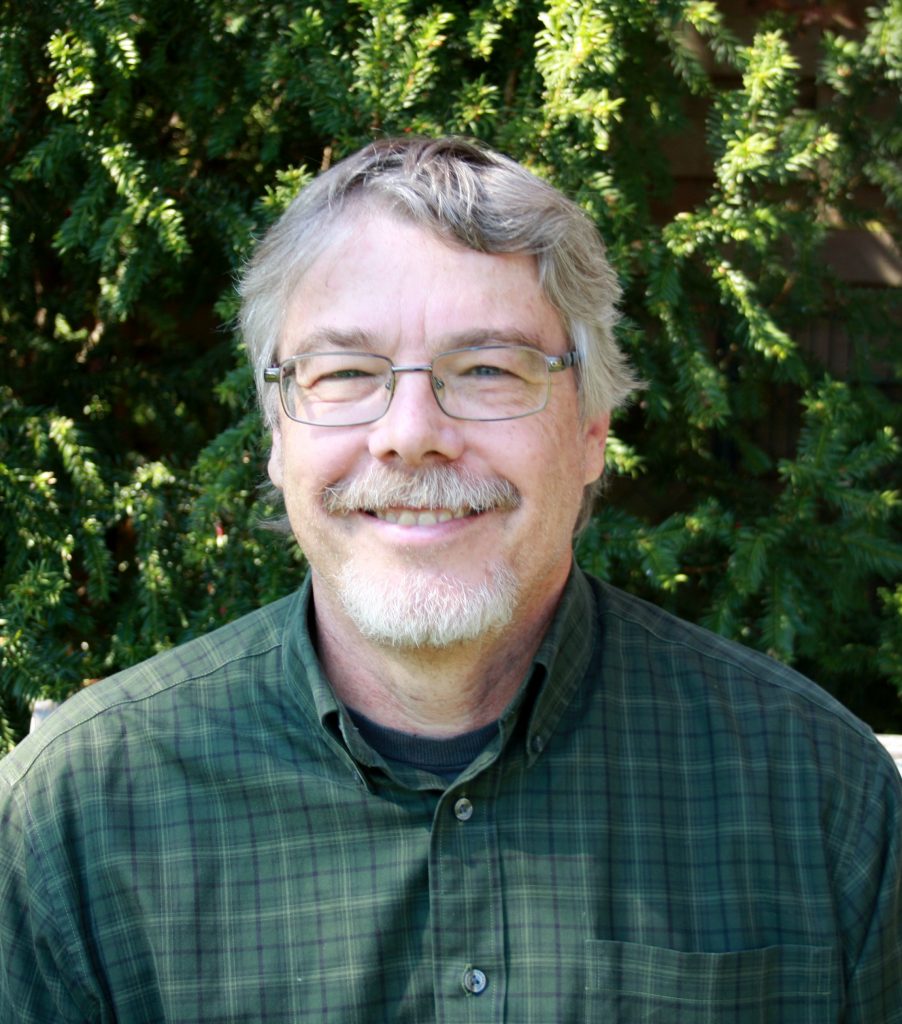
Prof. Dr. Dirk Schulze-Makuch received his Ph.D. in geosciences at the University of Wisconsin-Milwaukee, USA. Afterwards he took up a fellowship in the USA at the NASA Goddard Space Flight Center, worked as Assistant Professor at the University of Texas at El Paso, and later as Associate and Full Professor at Washington State University. In 2010, he received the Friedrich-Wilhelm Bessel Award from the Humboldt Foundation for extraordinary achievements in theoretical biology. Since 2013, he is a faculty member at the Technical University Berlin in Germany and holds a professorship for planetary habitability and astrobiology. He remained Adjunct Professor at Washington State University and is also an Associate Member of SETI. Dirk published more than 200 papers and 8 books in the field of planetary habitability and astrobiology, including the 3rd edition of Life in the Universe: Expectations and Constraints and The Cosmic Zoo: Complex Life on Many Worlds. Since 2016, Dirk is president of the German Astrobiological Society and council member of the European Astrobiology Network. He gave interviews in scientific television documentaries such as National Geographic and Discovery Channel (USA), NHK-TV (Japan), ARD and RTL (Germany), and reports about his research appeared in media and news outlets such as Science, Popular Science, Discovery Magazine, New Scientist, World Science, Natural History Magazine, BBC, CNN, and MSNBC. More information can be found on his website at https://www.searchforlifeintheuniverse.com/
Les Tennen, Partner in the Law Offices of Sterns and Tennen, Phoenix, Arizona, USA
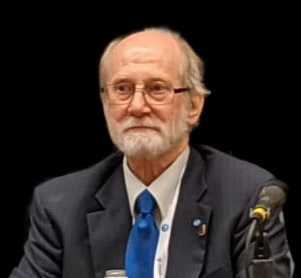
Leslie I. Tennen is a partner in the Law Offices of Sterns and Tennen in Phoenix, Arizona, and has focused on space law matters for more than 40 years. He is Legal Counsel for and member of the Board of Trustees of the International Academy of Astronautics. He received his B.A. and Juris Doctor degrees from the University of Arizona, and studied international and comparative law at the Hebrew University at Mt. Scopus, Jerusalem, Israel. He is a member of the State Bar of Arizona, and was awarded the highest score on the February, 1977, Arizona Bar Exam. He is admitted to practice before the United States District Court, the United States Court of Appeals for the 9th Circuit, and the United States Supreme Court. Les was appointed by the Governor of the State of Arizona to serve as a Commissioner on the Arizona Space Commission from 1994 to 2000, and is a frequent lecturer at aerospace conferences and colloquia. He has been a consultant and advisor on space matters to public and private organizations on the state, national and international levels, and has been a participant at workshops and congresses around the world. He has authored and co-authored more than 50 articles. He is a former Member of the Board of Directors of the International Institute of Space Law, and currently serves as Co-Chair of the IISL Manfred Lachs Moot Court Committee and Chair of the Election Committee. In 1998, he was the co-recipient, with Patricia Margaret Sterns, of the IISL Award of Appreciation, and in 2006 he received the IISL Distinguished Service Award.
Giovanna Tinetti, Professor and Director, Centre for Space Exo-chemistry Data, University College London, UK
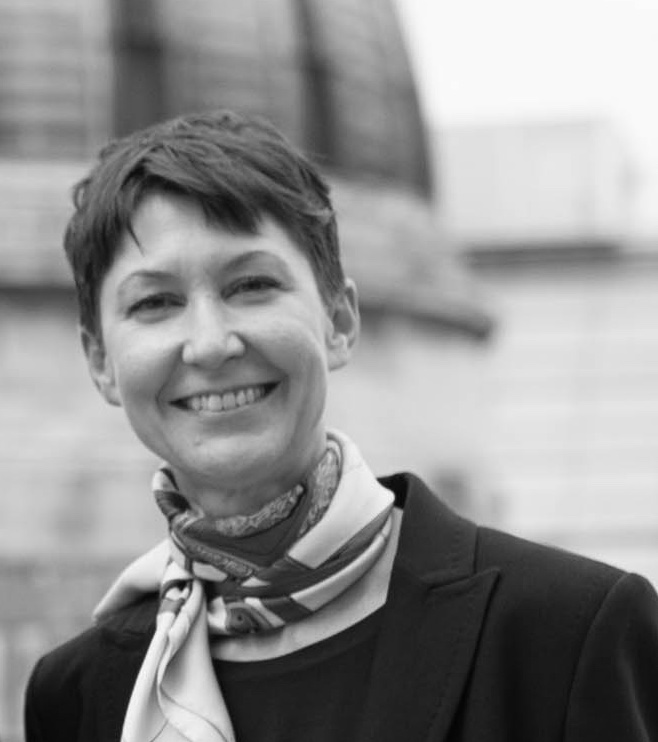
Professor Giovanna Tinetti is the Head of Group of Astrophysics at University College London (UCL) and Director of the UCL Centre for Space Exo-chemistry Data. She is the Principal Investigator of the European Space Agency’s Ariel, the only space telescope dedicated to undertaking a comprehensive spectral survey of exoplanets in a wide variety of environments. Ariel will be launched in 2029. She is also co-founder and co-director of Blue Skies Space Ltd, which aims at creating new opportunities for science space satellites. After a PhD in Theoretical Physics, she has worked at Caltech and Jet Propulsion Laboratory, at the Institute of Astrophysics in Paris and at La Sapienza University of Rome (Fermi Chair). Prof. Tinetti has authored / co-authored over 250 research publications. These include the paper with the highest altmetric score among Physical Sciences in 2019. She has delivered over 300 talks, seminars and public lectures internationally. Select awards include IoP Moseley Medal (2011), NASA Group Achievement Award (2009), JPL Edward Stone Award (2009), Monte-Carlo Prize Women in Science (2022), Knight of the Order of Merit of the Italian Republic (2020), Sir Arthur Clarke Award (2023).
Stephen Webb, Science Writer, North Yorkshire, UK
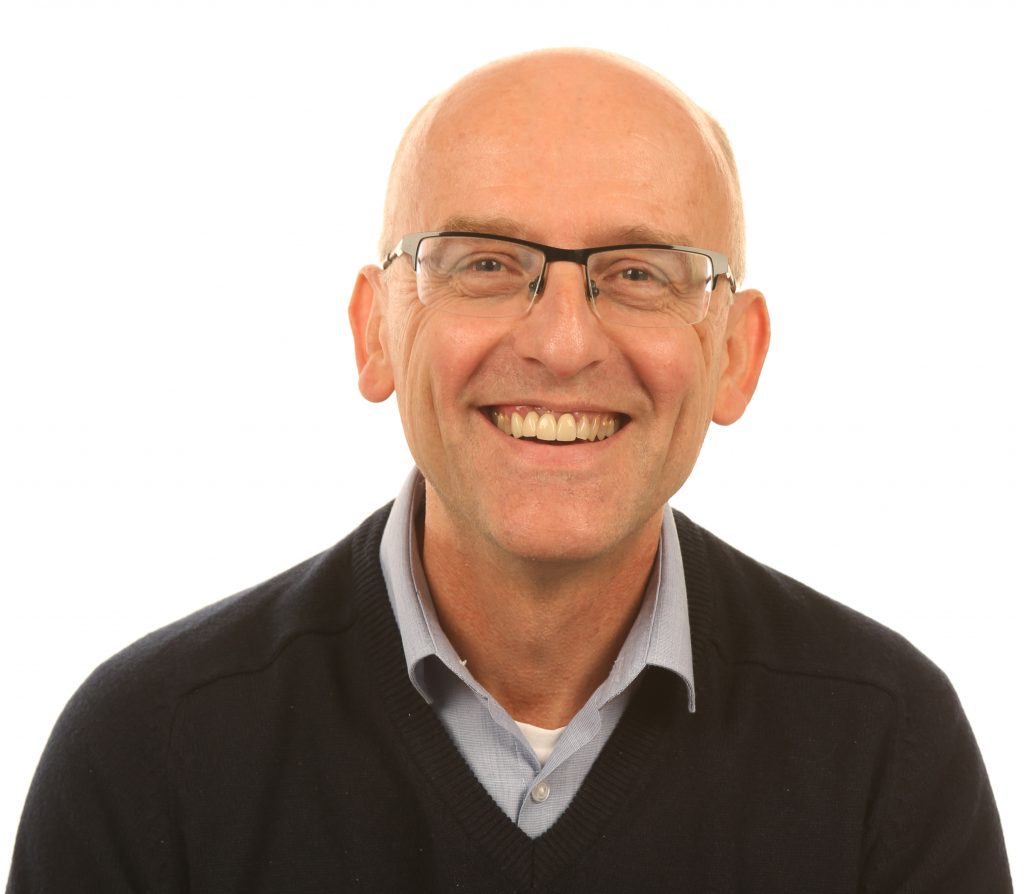
Following a PhD in theoretical physics from the University of Manchester, Dr Stephen Webb spent most of his career in the UK higher education sector. During that time he wrote ten books, including “Measuring the Universe” (an undergraduate textbook on the cosmological distance ladder), “Where is Everybody?” (an award-winning review of the Fermi paradox), and “Around the World in 80 Ways” (a collection of thematic maps, each accompanied by a short essay). He was also active in science outreach, giving talks to local astronomy societies and speaking on numerous podcasts. Stephen retired from the University of Portsmouth in autumn 2023, but continues to serve on the international editorial board of Springer’s “Science & Fiction” book series and he hopes to spend more time on his writing: his newest book “The Quizzer’s Guide to the Cosmos” will be published in April 2024 – hopefully in time for the Kavli-IAU Symposium!
Frances Westall, Emeritus Research Director, CNRS-Center for Molecular Biophysics, Orleans, France
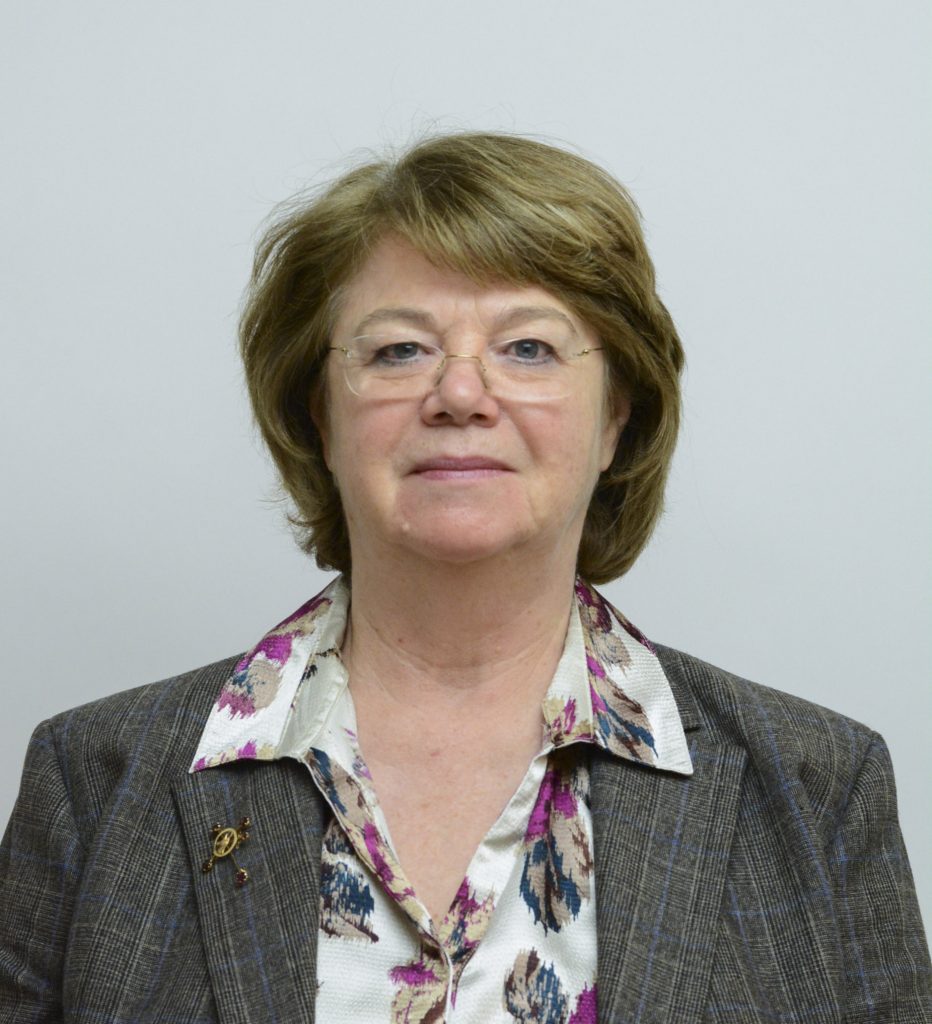
Dr. Frances Westall, geologist and astrobiologist, is emeritus research director at the CNRS-Center for Molecular Biophysics. She worked in many prestigious institutions around the world, including the University of Cape Town, Alfred Wegener Institute in Bremerhaven, the University of Nantes, the University of Bologna, NASA Johnson Space Center and the Lunar Planetary. Institute, Houston. She is internationally recognized for her research on the geological context of the origin of life and the first traces of life on Earth. She plays a leading role in the ExoMars 2028 (previously 2022) mission to search for life on Mars and is Co-PI of the CLUPI microscope. She was president of the European Astrobiology Network Association (2013-2019) and chair of the COSPAR Panel on Space Exploration (2018-2022). She has received the Medal of the Italian Chemical Society, the Alfred Dumont Medal (Belgium), as well as numerous NASA awards, and is a Fellow of the Institute for International Studies in Bologna.
